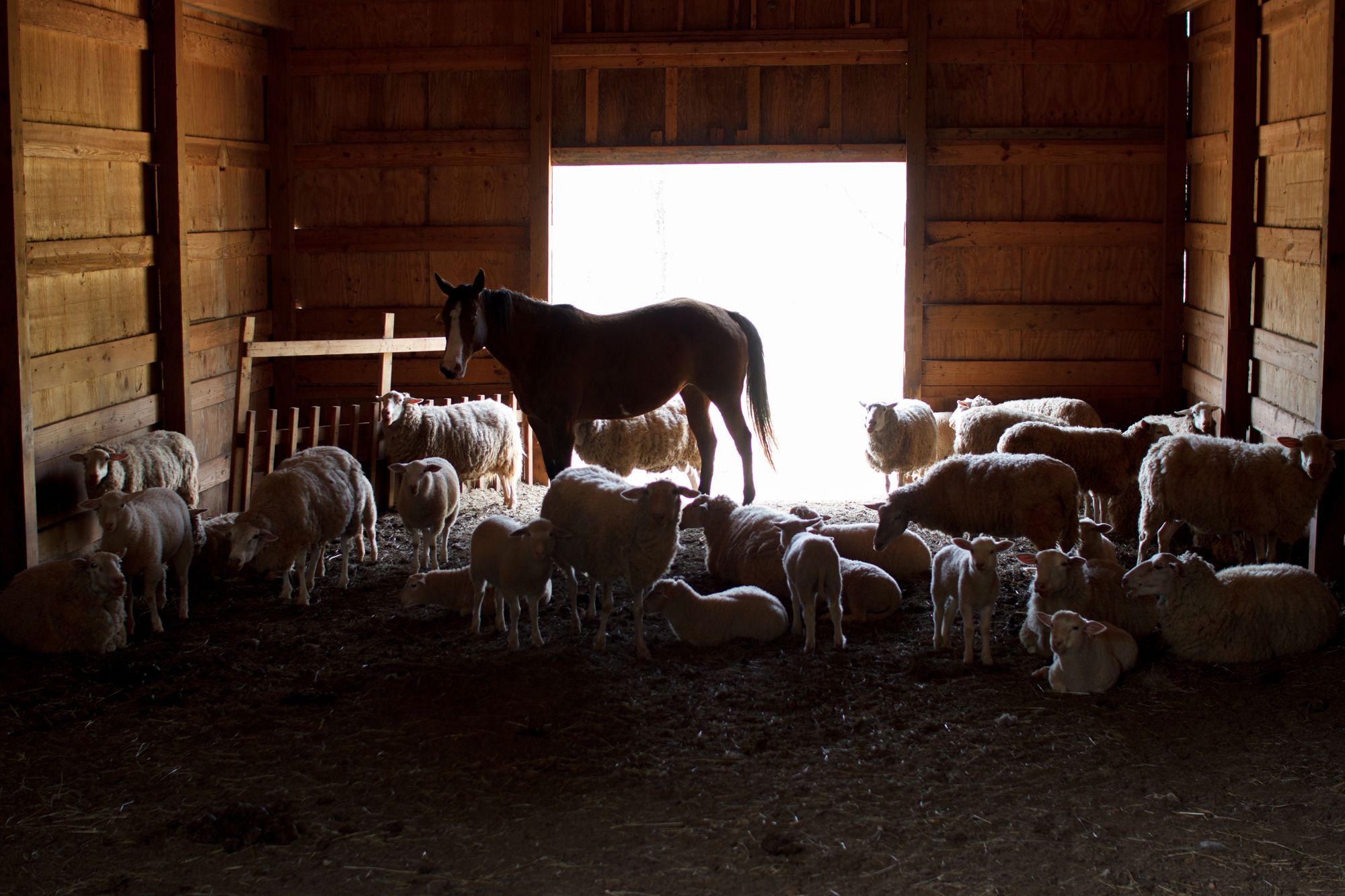New Kitten Primer - Choosing, caring for a new addition


What’s cuter than a kitten? Welcoming a new kitten to your household is can be quite a process—an exciting process to be sure, and one that shouldn't be undertaken without careful thought, planning, and preparation. If a new kitten might be in your future, here are some guidelines to help you prepare for this wonderful new adventure!
Research your options
There's one universal thing about kittens: they're all unique. So how can you choose the kitten that's the perfect match for your family?
The Cat Fanciers' Association recognizes 42 cat breeds, and in addition to that are the myriad of mixed-breed kittens that embody the characteristics of more than one breed. Do you want a purebred kitten with a pedigree, or would you like to rescue a kitten of unknown heritage? Are you looking for a high-energy cat, or one who will happily snooze the day away? How much of a grooming commitment are you able to handle each week? If you’re still not sure, you’ll probably be happier with a shorter-haired breed like an American Shorthair than you would be with a long-haired Himalayan or Maine Coon.
Similarly, don’t set your heart on a particular breed before you’ve done your research. It’s easy to fall in love with a seemingly perfect breed, only to discover that some of its traits could make it less than ideal for your lifestyle.
Kitten-proof your home
Kittens are experts at getting into trouble, so be sure to carefully kitten-proof your house (or at least the rooms your kitten will have access to) before you bring her home. Ordinary things that seem harmless at first glance could potentially be harmful, so examine your house for choking hazards (small objects or fake plants), shock hazards (computer and TV cords), dangerous hiding places (the open washing machine, the toilet), anything toxic to cats (certain houseplants, chemicals), and anything string-like that might catch your kitten's fancy. (Remember the old saying about how "curiosity killed the cat.")
Place any potentially dangerous items out of reach, but always remember that cats and kittens possess serious climbing skills. Keep household cleaners and other chemicals capped and put away and corral your electrical cords out of sight. Make it a habit to keep the washer and dryer closed when you’re not using them, and take a quick peek inside open drawers before you shut them to make sure your kitten didn’t curl up for a nap inside. (We had a kitten that liked to hide inside the holes of the pool table.)
If you want to be completely sure you have your home properly kitten-proofed, get down to your kitten’s level and take a look around. Would anything look particularly tempting or fun to a curious kitten? And could it be dangerous if she decided to play with it or chew on it or sleep in it?
Don’t forget the basics
Once you’ve chosen the perfect kitten and prepared your house to welcome him, it’s time to ensure that you have all necessary “kitten care” items on hand. Food and water bowls and specially formulated kitten food are three of the obvious requirements, but you’ll also need to purchase a litter box and a supply of kitty litter. You may discover that a scratching post is also necessary to protect your furniture from curious kitty claws.
Grooming tools are another must-have for your shopping list, along with a comfy bed and an assortment of toys. Aside from being entertaining playthings, the toys also serve a practical purpose, allowing your kitten to focus its abundant energy and curiosity in non-destructive ways.
And of course, covering the basics isn’t just a matter of buying supplies. Your kitten will need regular veterinary attention (check-ups, vaccinations), so schedule these appointments at appropriate intervals throughout your kitten's first year. And don't forget to invest in a cat carrier so that you can safely and easily transport your kitten back and forth to the vet's office and anywhere else you might need to take your kitten. You'll also want to outfit your kitten with a collar and identification tags (you may also wish to microchip your kitten—discuss this with your veterinarian).
Start socializing
Socialization is another thing to consider when you bring home your new kitten. An adult cat will need to be able to safely interact with people of all ages (as well as other animals), so keep this in mind while remembering that your kitten also needs plenty of personal space. Kittens need time to adjust to new surroundings, and even though you might be eager to interact and spend time with your kitten, it may be better to take things slowly and allow your kitten to become comfortable in her surroundings to begin with. Cats can get aggressive when they’re scared or angry, so make sure your family members understand the importance of not bothering a disgruntled kitten.
If you have other pets in your home, introduce your new kitten to them slowly, and always under supervision. Keep one or both animals on a leash during their first introductions, and allow them to sniff each other and get used to one another.
Once your kitten has adjusted to her new surroundings, begin increasing the amount of interaction by grooming her and playing with her. Try to introduce her to different people so she doesn’t become a "one-person" cat; you want her to be okay with having strangers around so she won’t get upset whenever you have guests. The more situations you can introduce her to while she’s young, the happier she’ll be when she’s grown.
And remember: have fun! Those sweet days of kittenhood are all-too-fleeting, so enjoy each moment of this memorable stage in your feline's life—yes, even the crazier moments.
Tags:Country Critters

Acreage Life is part of the Catalyst Communications Network publication family.
















